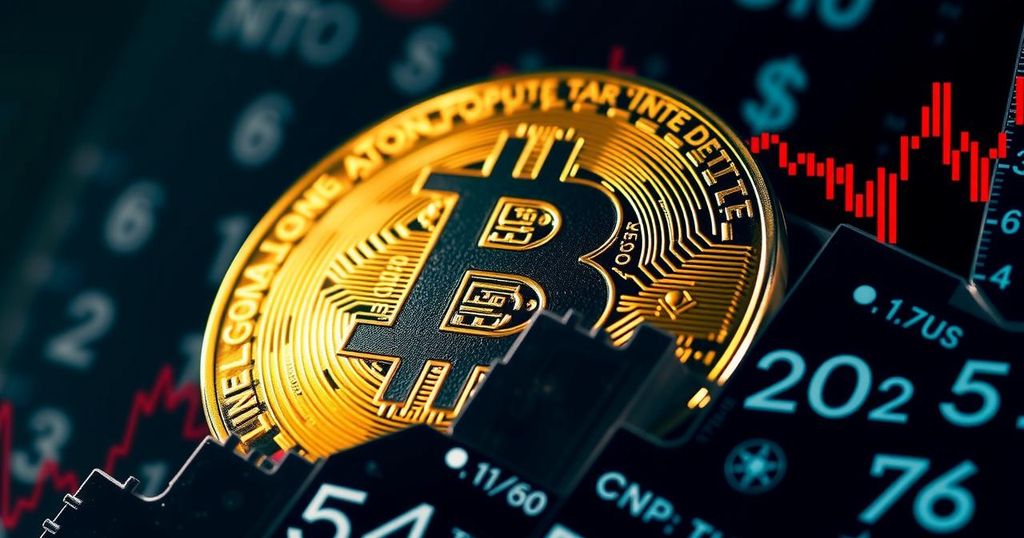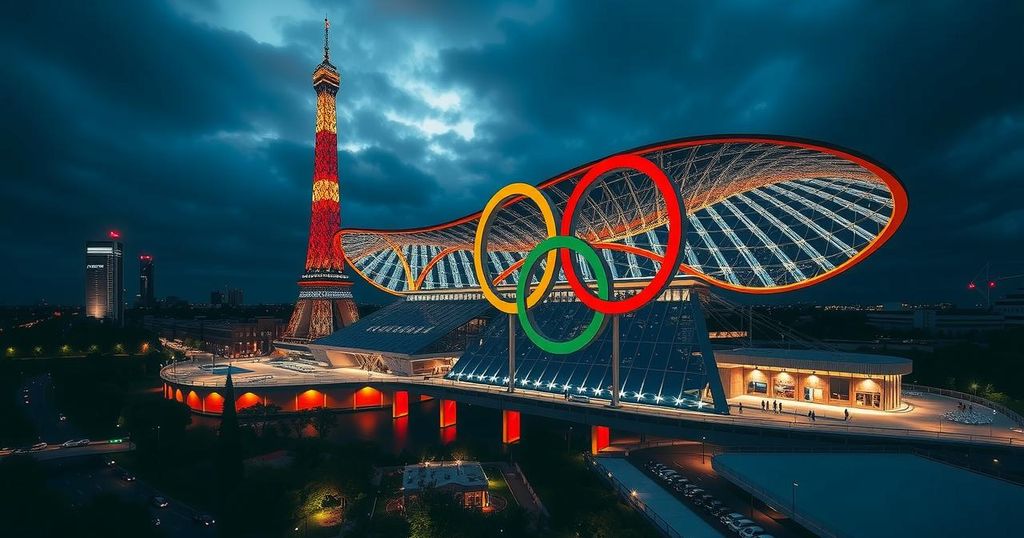Conclusion of the Paris 2024 Games: A Landmark Achievement in Olympic History
Summary
The Paris 2024 Games successfully concluded, marking over a decade of preparation. The event navigated post-Covid challenges and public enthusiasm, particularly for security, with significant policing efforts. While logistical issues arose regarding access and venue distances, overwhelming public support for athletes shone brightly. The Games represented unity, especially during the Paralympics with competitors from conflicting nations sharing podiums. Critiques regarding accessibility emerged, prompting plans for significant improvements in Paris’s metro system as a lasting legacy. Overall, Paris 2024 showcased sporting excellence and strategic resolutions to infrastructural challenges.
The Paris 2024 Games have successfully concluded, marking a culmination of over a decade of efforts that began with a feasibility study commissioned by the French National Olympic and Sports Committee (CNOSF) in 2014. Officially awarded the Games by the International Olympic Committee on September 13, 2017, Paris adeptly navigated the complexities of hosting the inaugural major international sporting event in a post-Covid context, recognizing and harnessing the public’s eagerness to experience the Olympics once more. One of the significant challenges the Organising Committee, led by Chairman Tony Estanguet, faced was ensuring the safety and security of participants and spectators in a city grappling with crime issues. In response, a formidable force of approximately 30,000 police officers patrolled the city, contributing greatly to the successful atmosphere of the Games. Their commitment and professionalism, even amidst extensive working hours, were instrumental in allowing the sports to take center stage. Interestingly, while security measures were prioritized, aspects such as volunteer training were somewhat overlooked initially. However, the enthusiasm and dedication of volunteers significantly enhanced the overall experience as the Games progressed. There were logistical challenges, such as the distant venue for certain events and limited metro service hours, which raised some concerns among attendees. The support from the French public was overwhelming, with venues nearly sold out throughout the Games, reminiscent of the successful London Games twelve years prior. Notably, during the athletics competitions, venues remained packed even in the absence of local stars competing. Such fervor was evident in instances like the excitement surrounding French swimmer Leon Marchand’s performances, who garnered attention and adoration from fans. The Games also highlighted France’s impressive sporting culture, attracting admiration even from international delegations. Notable athletes of the Games included Simone Biles, Leon Marchand, and Armand Duplantis, amongst others. Despite some controversial exclusions, the Paralympic Games allowed for significant displays of cooperation, with athletes from Russia competing alongside Ukrainians, symbolizing a rare moment of unity amid ongoing tensions. This demonstrated the true Olympic spirit, showcasing commendable participation from diverse international competitors while emphasizing the successes of Ukrainian athletes amidst adversity. Furthermore, the performance of para-athletes such as Catherine Debrunner and Jiang Yuyan added to the exemplary representation of sporting excellence. However, Paris’s metro system faced criticism for its accessibility limitations for those with disabilities. Despite the need for enhancements, plans for a comprehensive upgrade to ensure accessibility have been promised as a lasting legacy of the Games, with substantial investments earmarked for this purpose. In conclusion, the Paris 2024 Games, despite facing various challenges, have emerged as a resounding success. Not only did they foster a spirit of sporting excellence, characterized by enthusiastic public support and an impressive array of athletic accomplishments, but they also laid the groundwork for vital long-term improvements in city infrastructure. This balanced achievement of security, participation, and legacy underscores the positive trajectory of Paris as a leading host city for international sporting events.
The Paris 2024 Games serve as a critical milestone in Olympic history, representing the first major event in the aftermath of the global Covid-19 pandemic. The Games were the result of extensive planning and collaboration beginning in 2014, culminating in the International Olympic Committee’s endorsement in 2017. Notably, the event presented unique challenges, including safety and logistical issues arising from public concerns regarding security in an urban environment and the need for improved accessibility for all athletes and spectators.
Ultimately, the Paris 2024 Games exemplified the strength of the Olympic spirit, showcasing exceptional athletic performances while also highlighting the necessity for infrastructure improvements for future accessibility. The effective management of security concerns and overwhelming public support contributed significantly to the Games’ overall success. Paris has not only reaffirmed its status as an eminent host city but has also embarked on a mission to improve urban accessibility, promising an enduring legacy for generations to come.
Original Source: www.insidethegames.biz




Post Comment